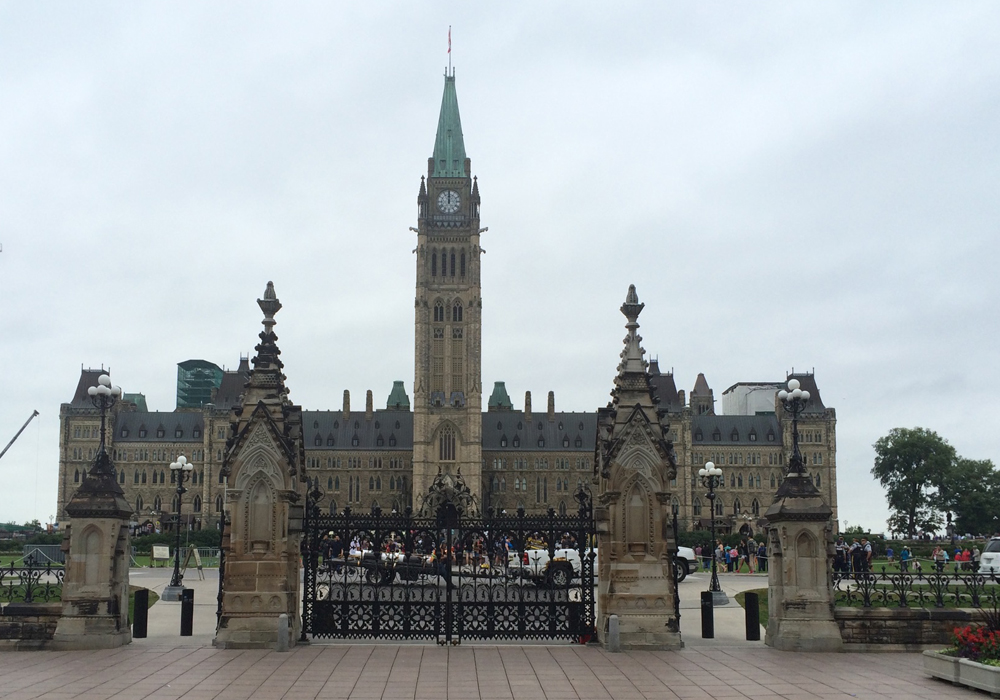The topic of climate change has been front and centre as the fall election approaches and Trudeau federalism continues to be a mystery.
Federalism, by definition, is the split in power between the central government as a whole and the local provincial governments. This means certain policies are executed at various levels including federal, provincial, and even municipal.
What appears to be a top-down approach by this Liberal government, evolving federalism models generally broaden avenues for political participation. While federalist models differ between governments, the current leadership seems to have entered a new phase of Canadian federalism, which gets especially tricky when it comes to environmental policy.
Read Also

Reconciliation and farming require co-operation to move ahead
Indigenous communities in North America were cultivating crops such as potatoes and corn long before anyone from Europe had heard of the crops.
Deliberating who has final say with environmental policies can be difficult, and usually involves a court case. Environmental protection is currently not listed in any part of the Canadian constitution, which means that sensitive topics such as climate change and pipelines are somewhat of a big black hole creating anxieties for farmers, the oil and gas sector, and consumers alike. Provincial court rulings regarding the federal carbon backstop have ruled that it is constitutional, and it is now up for the Supreme Court to decide the outcome.
The lifespan of this government has been largely guided by an aggressive climate change agenda, yet critics often wonder whether or not climate change policies will come into fruition. With a multi-province revolt on the carbon tax, political watchdogs have doubted the current federal plans ability to actually meet the Paris targets.
Trudeau’s climate agenda has been evident throughout each first ministers meeting under his leadership. First ministers meetings are somewhat of a tricky topic under Canadian federalism. They are typically called by the prime minister on a whim and have no provisions in any of Canada’s constitutional documents. There is, however, plenty of language about how governments need to agree for certain constitutional amendments. Since environmental protection is not mentioned in our constitution, it has generally been accepted as concurrent jurisdiction. The irony is that the agendas for all three of Trudeau’s first ministers meetings to date have focused on climate change, a topic that, evidently, the provinces have very little constitutional power over.
Previous governments have focused on a wide array of topics such as the economy, taxation, equalization, international trade and health care at first ministers meetings. But as Paul Wells notes in a December 2018 Maclean’s article about such meetings, “under Trudeau, everyone gets to agree to disagree, and it’s enough to hold real substantive discussions.”
We’ve seen changes in how federalism is run as party leaders enter and leave the political arena. But what’s most compelling is the way the current leader practises the federalist model. Trudeau does not gather the premiers to decide anything. Trudeau federalism has not been about collective decision making.
Perhaps one positive externality of climate change being front and centre in the political arena is that there seems to be some consensus on the existence of climate change in the political realm. It’s no secret that the previous Conservative government viewed climate change as a thorn in its side, acting on the topic only when necessary, and it’s no secret that climate change will likely become a campaign issue this fall more than ever before. While there are certainly contrasting approaches to the topics, general consensus among the scientific, and now political elite, has led us to believe it exists.
So why does this matter to farmers? Understanding federalist principles helps us to understand how policies are formulated and how funds are transferred to provinces, which is done through block transfers or equalization. The word “farming” means something different to everyone, especially when considering the diversity of commodities produced across Canada. Luckily, agriculture policy is a little more predictable than environmental policy as a shared constitutional responsibility.
Katelyn Duncan, P.Ag., BSA, is a farmer and agrologist.

















